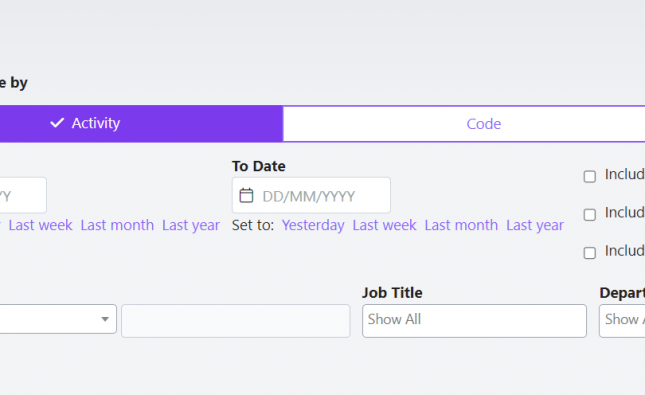It’s Mental Health Awareness Week and it has never felt so timely.
COVID-19 has had a huge effect on people’s mental health. There are people struggling with unexpected bereavement, worries over their own health and anxiety about the wellbeing of their loved ones. The usual coping mechanisms many relied on – spending time with friends, playing team sports or attending a place of worship – became unavailable just at the point when many needed them. Though of course physical health had to come first during a pandemic like this, mental health should not be forgotten.
In this series of blogs we’re exploring the most common mental health issues, beginning with the most widely reported mental health condition worldwide: depression.
What does depression feel like?
“I was so depressed when it rained on my holiday.” “I don’t like that film – it’s depressing.” We hear terms relating to depression every day but sadly, the inaccurate way they’re used contributes to misconceptions about what depression actually is.
There’s a huge difference between feeling temporarily “down” – which happens to everyone – and depression, which is a medical condition requiring treatment. People with depression can’t “snap out of it” or think themselves better. Their condition is the result of a complex mixture of circumstances and genetics, though even the most severe cases can be treated. Depression can affect anyone of any age, gender, race or nationality.
Depression can manifest in different ways for each person but some common symptoms are:
- Loss of interest in fun things: Activities that used to bring you pleasure or give you a sense of achievement no longer seem worthwhile. This can lead to guilt, which feeds the depression further. If you’re no longer getting any joy out of hobbies you used to love, this could be a sign of depression.
- Feeling low, sad or anxious: When most of us think of depression, the first sign we think of is of a persistent low mood. However, this is not always visible to others, as people who seem outwardly very cheerful can be masking their real feelings.
- Withdrawal: Avoiding friends and family can be a key signal of depression, especially if it’s out of character. Likewise, sleeping or eating significantly more or less than usual can be a warning sign. Unfortunately, this can add to the vicious cycle of depression, since self-care and good nutrition are great ways to combat depression.
A comprehensive list of depression symptoms can be found on the NHS website. Though we should avoid self-diagnosing or putting a label on our loved ones due to their behaviour, these can be signs that someone’s mental health is suffering. In the aftermath of the COVID-19 outbreak, the weeks of isolation may well have caused some to develop depression or for their existing depression to get worse, so we need to look out for each other’s mental health.
If you ever find yourself having thoughts of suicide or self-harm, seek medical help immediately. A list of crisis services can be found here.
About depression
If you have depression, you’re not alone. In fact, it is the predominant mental health problem worldwide. 1 in 4 people experience a mental health problem in their lifetime.
Some people only suffer a single bout of depression, perhaps brought about by bereavement or another difficult event. For others, it can reoccur multiple times over their life, sometimes for no clear reason. It’s important to remember depression is a treatable condition and full recovery is possible.
With the enforced solitary lifestyle of COVID-19 and its lockdown, some people may be experiencing a worsening of their symptoms. Conversely, others may be finding the slower pace of life, homeworking or increased time with immediate family has helped their condition. We’re all individuals and depression affects people in different ways.
This year, the topic of Mental Health Awareness Week is kindness. With the impact of the virus and lockdown on mental health still to be fully understood, we can all practice kindness by reaching out (virtually) to loved ones and making sure we watch out for each other’s mental health.
Getting help
Please note that the information provided is for reference only and does not constitute medical advice. If you or someone you know is in crisis please visit this page for guidance.
Samaritans
Telephone: 116 123
Shout UK (Crisis Text Line)
Text Shout to 85258
Mind – the mental health charity
Your Mind Plan – interactive quiz with tailored suggestions from Every Mind Matters
https://www.nhs.uk/oneyou/every-mind-matters/your-mind-plan-quiz/
NHS – Mental Health and Wellbeing information
https://www.nhs.uk/conditions/stress-anxiety-depression/
The Mental Health Foundation – your mental health – information
https://www.mentalhealth.org.uk/your-mental-health


